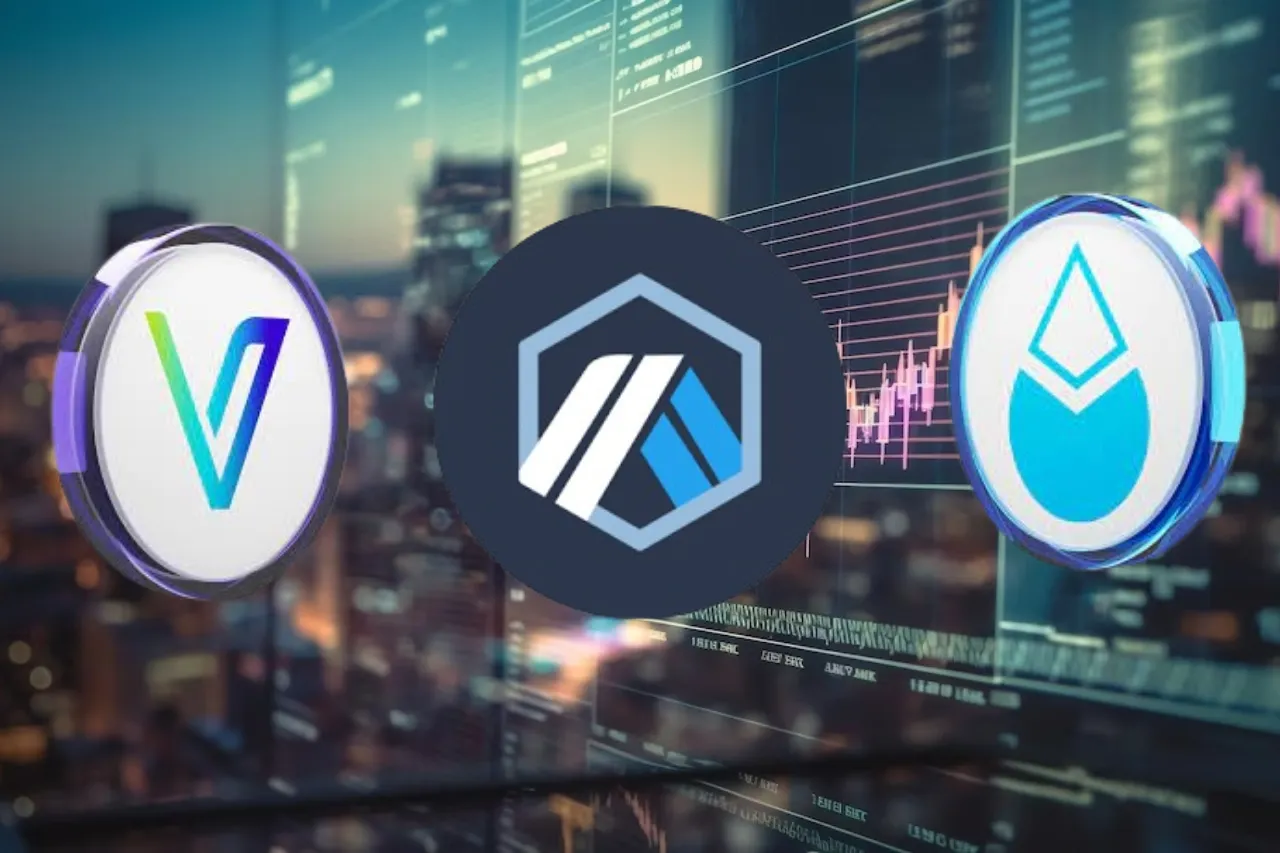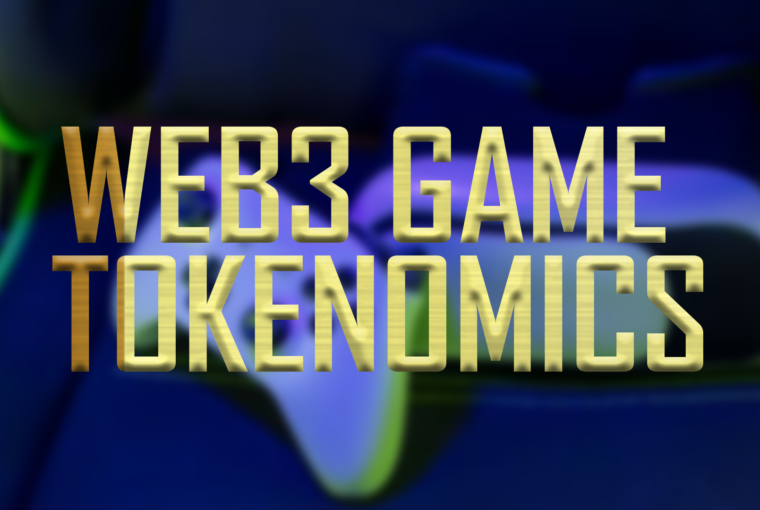In the ever-evolving world of cryptocurrency, Lido DAO (LDO), VeChain (VET), and Arbitrum (ARB) stand out as three unique players with distinct value propositions. They’re stirring conversations among investors and tech enthusiasts alike, each carving out their niche in the blockchain ecosystem.
Lido DAO brings a twist to staking in Ethereum, offering liquid staking solutions that keep assets both secure and accessible. On the other hand, VeChain’s enterprise-focused blockchain platform is revolutionizing supply chain management. Meanwhile, Arbitrum is making waves with its layer-2 scaling solutions for Ethereum, promising faster and cheaper transactions.
As these platforms compete and collaborate within the crypto space, they’re reshaping how we think about blockchain’s utility and investment potential. Understanding their differences and strengths is key to navigating the crypto landscape effectively.
Lido DAO (LDO)
Lido DAO is a cornerstone in providing liquid staking solutions for Ethereum. Unlike traditional staking, Lido allows users to earn rewards without locking up their assets, enabling greater liquidity in the decentralized finance (DeFi) ecosystem. Operating on Ethereum, Lido stands apart by offering staked assets in the form of stETH tokens, which represent the staked Ether plus accrued rewards. This model has catapulted Lido to the forefront of staking platforms.
At the core of Lido’s operation lies the decentralized autonomous organization (DAO), which governs the protocol. It’s through this DAO that stakeholders decide on key protocol parameters and upgrades. Collaboration with various validators ensures network security and decentralization. Lido’s success is signified by the substantial total value locked (TVL) within its contracts, reinforcing its position within the staking sector.
While comparisons with VeChain and Arbitrum might focus on the overarching blockchain technology they use, Lido’s uniqueness lies in strengthening Ethereum’s staking mechanism. With scalability challenges addressed by other platforms like Arbitrum, Lido contributes by enhancing Ethereum’s staking functionality, an essential aspect of blockchain’s evolution.
VeChain (VET)
VeChain harnesses blockchain to enhance supply chain management. It utilizes smart contracts to streamline processes and increase transparency. Industries globally leverage VeChain’s traceability features to track items from manufacturing to delivery.
| Feature | Lido DAO (LDO) | VeChain (VET) | Arbitrum (ARB) |
|---|---|---|---|
| Focus | Staking Solutions | Supply Chain Management | Layer 2 Scaling |
| Core Tech | Ethereum-based Staking | Smart Contracts | Rollups |
| Applications | Decentralized Finance | Product Lifecycle Tracking | Decentralized Applications |
Experts predict VeChain’s expansion with IoT integrations and wider enterprise adoption, fostering a more connected and transparent supply chain.
Arbitrum (ARB)
Arbitrum operates on an innovative layer 2 technology to enhance Ethereum’s capabilities without compromising its security. This scaling solution reduces transaction fees and speeds up settlement times, maintaining network connectivity.
While Lido DAO focuses on liquid staking, VeChain on supply chain enhancements, Arbitrum works towards scaling Ethereum efficiently. Its unique rollup technology bundles large batches of transactions off-chain before settling on Ethereum’s mainnet.
As a layer 2 solution, Arbitrum aims to possess high compatibility with Ethereum assets and smart contracts. It is one of the several types striving to improve blockchain scalability and efficiency.
Industries ranging from finance to gaming may soon leverage Arbitrum for its lower costs and faster transaction throughput. Arbitrum doesn’t compete directly with Lido or VeChain but instead complements the broader blockchain ecosystem.
Unique Value Propositions
Lido DAO, VeChain, and Arbitrum each bring distinctive offerings to the blockchain sphere. Lido DAO stands out with its liquid staking, enabling asset liquidity even while staked. VeChain’s claim to fame is its supply chain optimization, achieved through streamlined smart contracts. Arbitrum, on the other hand, enhances Ethereum’s performance with its layer 2 solutions, emphasizing lower fees and quicker settlements. While Lido enriches staking mechanisms, VeChain revolutionizes product tracking, and Arbitrum focuses on scaling and expediting Ethereum transactions. These specialized propositions showcase the diversity in blockchain technology’s practical contributions.
Reshaping the Crypto Landscape
Lido DAO, VeChain, and Arbitrum are carving niches in the crypto universe. Each embraces blockchain innovation, but with varied focus points. Lido DAO facilitates staking freedom, VeChain revolutionizes supply chains, and Arbitrum scales Ethereum.
As these platforms evolve, the landscape shifts. They’re not just cryptocurrencies; they’re ecosystem enhancers with a shared goal — to propel blockchain utility.
Conclusion
Deciding between Lido DAO, VeChain, and Arbitrum hinges on individual investment goals and interests in the blockchain space. They each offer unique solutions, from Lido’s staking convenience to VeChain’s specialized supply chain enhancements and Arbitrum’s commitment to Ethereum scalability. As these platforms continue to innovate, they’ll likely play pivotal roles in the blockchain revolution, pushing the boundaries of what’s possible within the ecosystem. Investors and enthusiasts alike should keep a close watch on their progress, as they’re poised to shape the future of blockchain technology.
Frequently Asked Questions
What is Lido DAO (LDO) and what does it offer?
Lido DAO offers liquid staking solutions on Ethereum, enabling users to earn staking rewards without locking their assets, thus providing flexibility and liquidity.
How does VeChain (VET) enhance supply chain management?
VeChain leverages blockchain with smart contracts to streamline supply chain processes, increase transparency, and offer real-time tracking, greatly improving management efficiency.
What is Arbitrum (ARB) and how does it benefit Ethereum?
Arbitrum is a layer 2 scaling solution that enhances Ethereum by providing faster transactions and reduced fees, without compromising the network’s security and decentralization.
Can you compare the functions of Lido DAO, VeChain, and Arbitrum?
Lido DAO focuses on liquid staking, VeChain optimizes supply chain processes, and Arbitrum scales Ethereum for better performance and lower costs without sacrificing security.
Who can benefit from using Arbitrum’s technology?
Industries such as finance, gaming, and any other sectors requiring higher transaction throughput and lower costs can benefit from leveraging Arbitrum’s layer 2 solutions.
How do these platforms contribute to the blockchain ecosystem?
These platforms enhance the blockchain ecosystem by introducing specialized solutions—Lido DAO for staking, VeChain for supply chains, and Arbitrum for Ethereum scalability and efficiency.



